Explore the top rated Oregon drug rehabs with confidence. We've analyzed each of the 297 addiction treatment centers in Oregon for patient reviews, clinical credentials, transparency, and brand reputation to identify the best rehab programs.
Filter by inpatient, outpatient, detox, health insurance accepted, specialty treatment programs offered, and more to quickly find the perfect drug and alcohol rehab in Oregon today.

| Name / Address / Rating | Description | Treatments / Programs / Payment Options | Review / Contact | Images |
|---|---|---|---|---|
1
Top 10 Rehab In Oregon
| Tree House Recovery is a drug and alcohol rehab located in Portland, Oregon. They provide inpatient addiction treatment and sober living for men. Addiction-related services provided at Tree House include inpatient addiction treatment and sober living facilities for men. Residential Addiction Treatment Tree House uses treatment modalities that focus | Treatments Programs Payment Options | When my younger brother finally decided to seek help for his alcohol addiction, I spent countless hours researching treatment programs. From the moment I came across the website for Tree House Recovery PDX, I knew this was something special. A truly unique program that stood out from every other rehab facility I had seen.
Tree House’s focus on building a brotherhood grounded in mutual respect, compassion, and empowerment immediately resonated with me. My brother had spent years feeling isolated and disconnected, and I knew this kind of community could give him the sense of belonging he’d been missing.
The combination of strength training and mindfulness yoga was unlike anything I had come across before. Replacing harmful habits with physical strength and mental resilience was exactly what my brother, once an athletic, active teenager, needed to reconnect with a version of himself that existed before alcohol took hold.
The program’s one-on-one, group, and writing therapy, combined with the educational classes on the mechanisms of addiction, make it one of the most well-rounded and thoughtful approaches to recovery I have ever seen. In just three months, the transformation in my brother has been remarkable, not only in his body but in his voice, his confidence, and his spirit.
Tree House has given him tools to cope with disappointment and setbacks, develop healthier reasoning skills, and rediscover the strength that comes from brotherhood, from leaning on and lifting up others walking the same path. He’s learned how to have fun without substances and surround himself with people who genuinely care about his well-being.
Initially, I worried Tree House might not be an option for us financially. But then I saw the words at the bottom of their website:
“We strive to make sure that Tree House is an option for everyone.”
It felt like they were speaking directly to me.
When I reached out, Matt was incredible. He listened with genuine compassion, spoke with both my brother and me, and over the next week and a half worked tirelessly with the team, including the program director and finance department, to make sure my brother could be admitted. He arranged detox admission, transportation, and housing. Thanks to Matt, Brandon, Emma, Esther, and Rob, my brother was given a real shot at recovery.
Tree House Recovery PDX hasn’t just helped my brother get sober, it has transformed his outlook on life. He’s now enrolled in school, exploring meaningful work, and, most importantly, has hope again.
Our family will forever be grateful to the entire Tree House team for their compassion, creativity, and unwavering belief in the potential for change.
Elizabeth Gary
1 month ago
Our lives we had built over almost 40 years together were failing. We were scared, we were desolate and drowning, our family was tapped out, ashamed of our choices and finally desperately seeking help from anyone that would listen. No one was listening. We had waited too long thinking it was no problem, not really, we weren’t like “those people”, we knew that we could quit, he hadn’t relapsed he had had surgery and a month long hospital stay, we would easily just get a job, move in with family till we were on our feet, we’d done it many times before, he had been sober 17 out of 25 years, snap no worries….. we were so wrong about it ALL. Weeks later and my husband had been in detox for around 10 days in Eugene, the farthest place away my boys could find that would take and keep him, I had been making as usual, call after call, text chat after text chat, day after day, page after page, talking to each rehab, each place that said no, sent by them always to try another few and when they said no the search online would lead me to more. All of them said no for whatever reason, mostly full beds and even if there were available beds, they wouldn’t take our insurance since the Covid exceptions are all expiring. Or they would take our insurance but only for detox which he is already in. The luxury, lol, rehabs all offered self pay ofcourse, thousands upon thousands and we had no money. I had almost given up any hopes we once shared and I got a text back from someone. Not wanting to hear no again after pouring out our story through tears, I was frustrated and angry and I got to the point, “do you take our insurance or not?” No answer but they said I’d be chat contacted soon. Sure. Sure. Then I was, his name was Matt from Tree House Recovery, and he listened. I couldn’t believe he listened. My husband is 60, he is lost. I am lost. Matt gave me hope. Tree Houses Website and videos and links to YouTube gave me hope. Matt asked me if My husband was tired of self medicating and being in life long pain, were our lives unmanageable, were we on the bottom. We were way past that and we were going to die. He still was listening. We have nothing but we will give anything just to have a chance. Matt fought for us, fought for that chance, and through the Grace of God and everyone involved at Tree House, his chance at a NEW LIFE, his DAY ONE there, is this week. I promised to get my husband to the door, any door that said yes, he had to walk through it….. thanks to Matt listening and truly caring he is, and he will learn, and grow and rebuild his mind, body and spirit one minute, one hour, one day at a time. Our family is grateful and humbled and blessed. Thankyou isn’t enough.
Kirby
1 month ago
Witnessing a loved one hit rock bottom is a scary and heartbreaking experience, especially when you hadn’t realized they were struggling with addiction. Then having to suddenly research treatment facilities was a raw mix of emotions. Thankfully we found Tree House Recovery PDX to help guide our entire family through the treatment journey, starting with my brother who was struggling with alcoholism.
Tree House Recovery PDX is a holistic addiction treatment program for men. When first visiting their site, I immediately noticed their empowering voice mixed with an emphasis on team-focused, complete recovery — not to mention MMA, Yoga, and Writing Therapy. Tree House treats the mind, body, and spirit for sustainable recovery, by building strength through fitness, addiction education, writing, 1:1, group sessions, etc. The more we learned about their holistic approach, the more we were ready to contact an admissions counselor — and ultimately my brother made the decision to enter the program.
Privacy is of the utmost importance at Tree House Recovery PDX, so I don’t want to disclose too much, but know that the entire team treats everyone with care, respect, and professionalism. Clinical Director Karen Willock's monthly family group sessions were particularly impactful, and Nevin Andrews was incredibly responsive and kind throughout my brother’s 5-month treatment. Everyone continues to be supportive, too.
As a family member of a program graduate, I would wholeheartedly recommend Tree House Recovery PDX.
Stephanie Derham
10 months ago
| 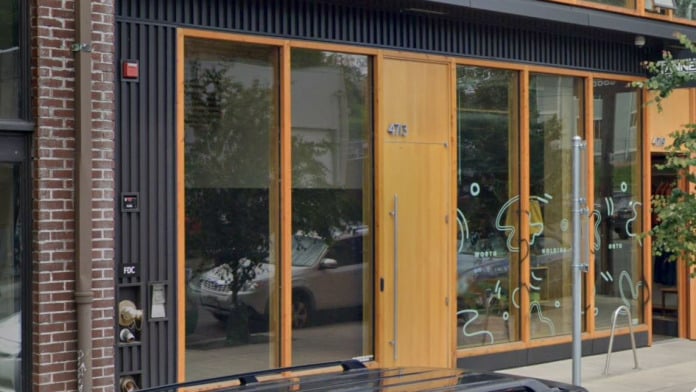
3 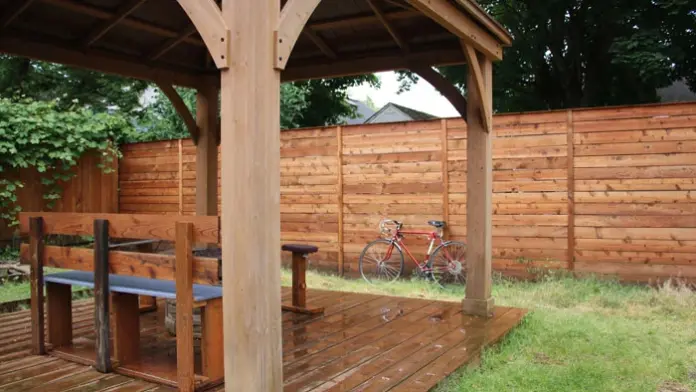
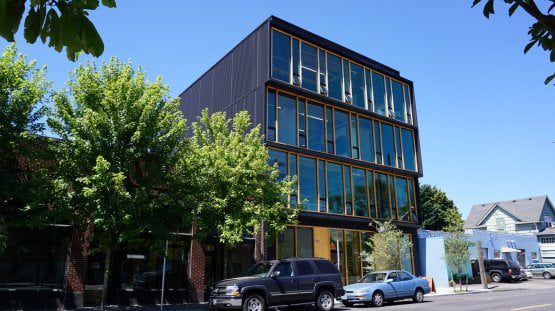
|
2
Top 10 Rehab In Oregon
| Oregon Trail Recovery is an addiction rehabilitation center in Milwaukee, Oregon. They offer various treatment options like detox, intensive outpatient care and sober living homes. They are Joint Commission accredited and are known to deliver superior quality and personalized care. Their medical detox is facilitated through their partner, Pacific C | Treatments Programs Payment Options | Detox was stress free. Staff was amazing! Recovery program offers a lot in post treatment solutions in finding work. Great place to become your best self!
Mike Dalton
1 month ago
This place is great !!!! Great detox staff, great counselors and all around great staff. I've never been so confident in my recovery before and I owe it to this place. Highly highly recommend.
chelsea
1 month ago
I’ve been here for about a month and by far the best recovery I’ve had
Dylan Carlstrom
1 month ago
| 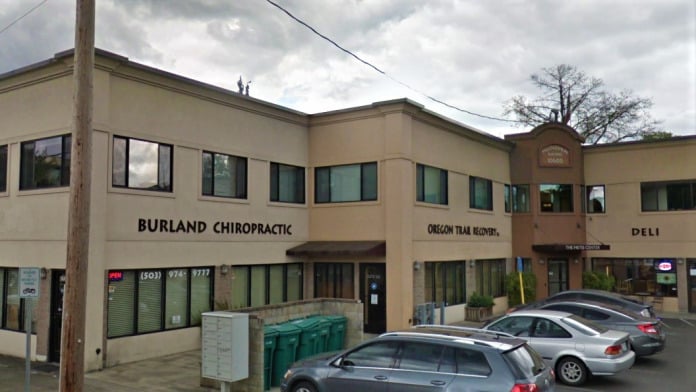
4 
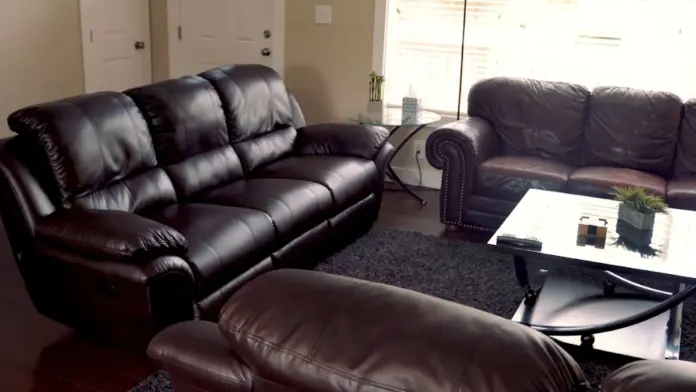
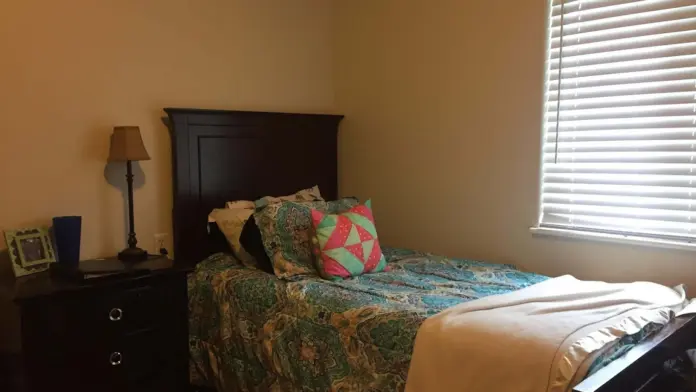
|
3
Top 10 Rehab In Oregon
| Hooper Detoxification Stabilization Center is a drug and alcohol rehab in Portland, Oregon. They provide outpatient addiction treatment, inpatient treatment, and medical detox. Hooper Detoxification Stabilization Center provides drug and alcohol rehabilitation for adults in Portland, Oregon. The levels of care available at this facility include in | Treatments Programs Payment Options | Counselor nodded out on me 😆 I like to believe he was on methadone or Suboxone but he literally asked me how long he was out when he came to. All while talking about super personal information... I've been there three times... Not since the 90s old location .. thank you Lord above..
Another time the guy had the exact same line "don't you want to go to the ocean and throw your girlfriend in it type of shit 😂" same guy ten years apart it was beyond memorable. But this place plants seeds that lead to a life of substance free Bliss!! The acupuncture in the AM and evening AA/NA Meetings meant everything to me.
Brian Norby
4 months ago
Nurse Nick quite literally saved my life.
Steve W
6 months ago
I've personally been detoxed at Hooper at least a dozen times, once even overdosing in their lobby & waking up in the ER. In sobriety, I've gone in with H&I to talk to the patients that want to hear it. It's not forced or mandatory, but strongly suggested. Hell, I even remember getting thrown into the old Hooper drunk tank after being a passenger in a DUI car accident. I should've played injured instead of trying to leave the scene. Anyway reading through the negative & single star comments, it's very clear for me to see the repeating theme & same old BS excuses people love to try riding. It's very apparent to me that each "concerned loved one" or "missing son/daughter/Mom"... wasn't ready to hold themselves accountable for the decisions & consequences of their actions. Even back when they only had a payphone & a roll of quarters made you the man inside. It's long since been changed to free 24/7 phone access for outgoing calls. With or without the confirmation HIPPA protection LAW... the front desk employees have NO CHOICE but to adhere by & follow! They'll take a kite note & fly it where it needs to be. If your loved one hasn't AMA'd themselves, which they can do ANYTIME since only adults can be there & it's not a jail. I've left at 3am throwing a damn fit thinking my girlfriend on the female side had left cuz they wouldn't tell me if she was still there! She was & I ended up the dumbass in relapse, alone. NOTHING on the recovery path at all will EVER succeed without that first required desire & commitment from within. To then accept a plethora of positive suggestions & encouragement that'll only fall on deaf ears unless YOU LISTEN for it! Shit even right now in my full addiction, a criminally corrupt career criddler... I can see the writing on these comment walls! Hoopers without a doubt... Saved my life more than once. Maybe they'll do it again ... If I decide to let them help me help myself!
Our options are few & the end game for everyone is the same. Why speed up reaching death & spending the gifted time of life in misery. Forcing loved ones to be miserable. Let go of your guilt, blaming yourself is obviously a step towards acceptance. Quit punishing yourself though, because your punishing everyone else that loves you too! You are the most important person in your life & ain't nothing selfish about living like it!
Good Luck🍀😘
Lucky Lived
7 months ago
| 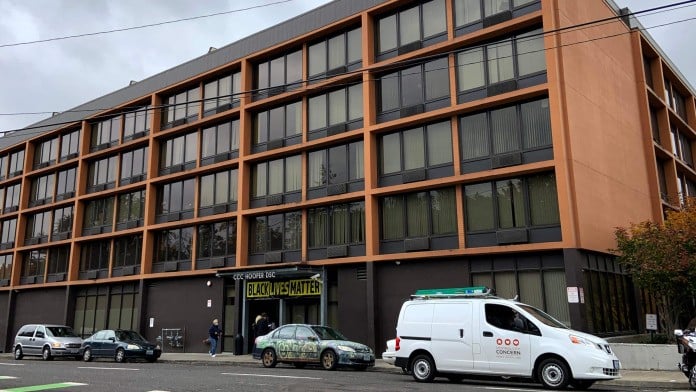
3 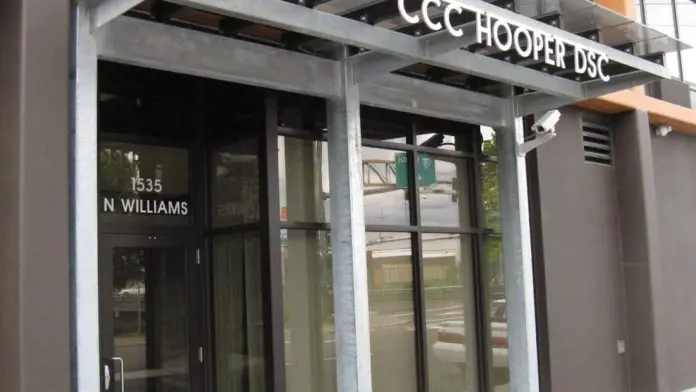
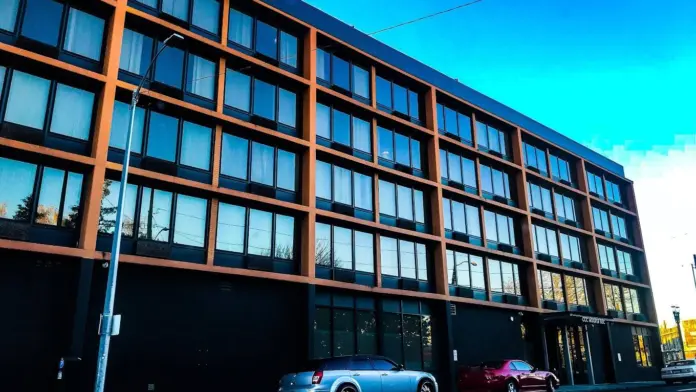
|
4
Top 10 Rehab In Oregon
| New Season – Portland Metro Treatment Center is an opioid addiction and recovery center in Portland, Oregon. They provide outpatient addiction treatment and medication assisted treatment. They accept Medicare and many major insurance providers. Portland Metro Treatment Center, operated by New Season Treatment Center, is an opioid addiction recove | Treatments Programs Payment Options | I have been to every clinic in Portland and this clinic is by far the best one the only problem is that corporate will not pay the nurses enough so they can't get anybody to work there there is so many people going to this clinic that they should be making piles of money I suspect that corporate in Florida is taking all the profits and not investing back in the clinic that's making them more money then any of there other clinics anywhere and it's not fair to the clients because they have to spend sometimes 5 hours to get there meds. I know I have had to go to the clinic 4 days I'm a row to finly get my 27 take outs they will only have one nurse to fill everyone's meds for the whole day because all the other nurses go on vacation at the same time and the clinic has no sense to call a temp agency for situations like this they just let us all suffer the whole day to get out meds as soon as they fix this. Well the service has gotten much better as long as they keep enough staff on it's the best clinic in the Portland metro area I have gone to 5 or them so far each with there own problems I don't want to have to wait in huge lines but a promise is a promise and I'm a honest person I want to believe . They have hi Ed more nurses so it has been much better experience to go there and it's the only clinic that I don't dread going to new season is more respectful as long as you stay respectful you will not have a problem remember they deal with probably close to a thousand people a day sometimes it just depends on how many of us M27 are here at the same time because it takes us a good 15 minutes to see the nurse and they have been working all morning and it gets donting doing the same thing all day and then dealing with us try to take your problems to your counselor first because when everyone is irritated it's hard to get along and as long as everyone trys to get along and stay calm the smother things go and the days that are bad you just have to deal with it laitly there it's been smooth I'm I'm and out in less then 30 minutes most time and that is a blessing I have been other places I will not mention them there not worth it I have spent 8 hours a day in them for weeks on end when I was just starting out it was a nightmare but it's never been that bad here over Christmas was tuff but it's back to normal again thank God if you are having problems with fetty please come here and get help I have lost so many people I loved to that crap and I love opiates don't tell anyone lol but fentanyl is not a opiat it's poison made in buckets is sewers I'm not joking and it is just imatating opiats anyway and killing you at the same time please come get help it goes away you just have to give it a chance and save your mom and dad and brothers and sisters and your friends from the heartache that they will go through when they loose you it's just a matter of time it will happen unless you do something about it so think about your children and everyone that cares about you I care about you and I don't know you yet and hope to do so some day and not read about you in the paper in some story about tragedy ok please come be calm and you will get help thank you for reading my review I spend alot of time doing them when it matters and they have changed this place for the better so if you have been before come back it's better do it for all of us to ok later
Jerry Lee
5 months ago
Place has probably saved my life lol.
Jacob Baker
5 months ago
I have been to allied coda and many other from California to Oregon and this place is the best mat treatment around. The people here are amazing from Wendy the main lady to Marise and Joy and all other o e of the consler that isn't even mine Trisa sent me an email forever changed my life my consler is Joy and she goes above and beyond for me and marise use to be my consler I can just tell u amazing his stories are great and Wendy without her there would be know New Seasons. I can't forget the nurses the people in front just all around no bullshit kinda of place
Tasha Thomas
1 year ago
| 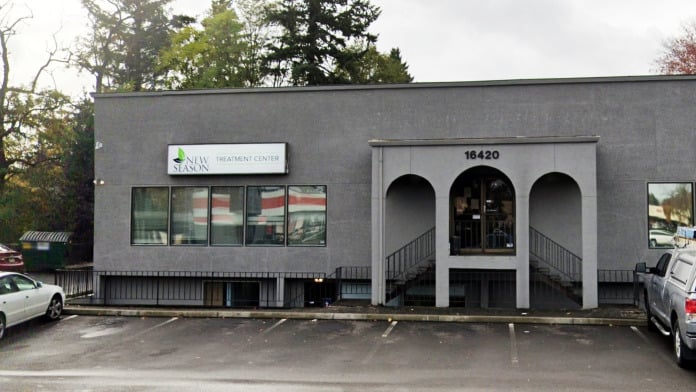
2 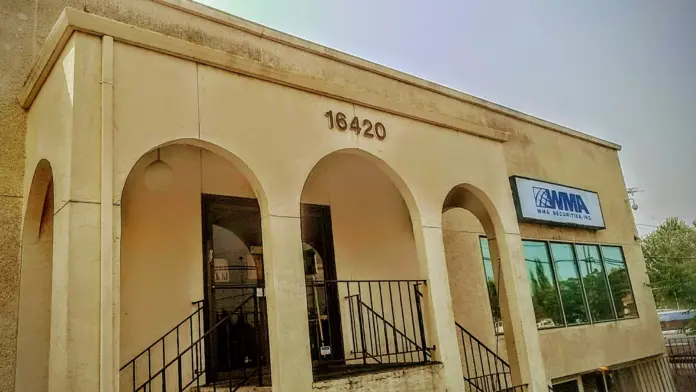
|
5
Top 10 Rehab In Oregon
| Awakenings by the Sea is a women’s substance abuse treatment center in Seaside, Oregon. Their recovery facility is accredited by the American Society of Addiction Medicine and certified by the Commission on Accreditation of Rehabilitation Facilities. They offer inpatient and outpatient treatment services. The treatment center is small by design | Treatments Programs Payment Options | Awakenings By The Sea is exactly where I needed to be to be able to grasp the concept of true sobriety. From the minute I walked through the doors it was evident to me that this was a place that served those suffering from addiction. The staff are truly dedicated and I believe "called" to spread the message and help to others. The work was hard but sharing it with other women and recognizing their honesty, strength and willingness made it possible for me to do the work and do it with complete honesty. The AA meeting every morning at the Little Yellow House, Von and Shannon's delicious meals, the beach walks, gym time, bowling and movie time----were just what was needed to help in the beginning of healing. Jean who kept our home so clean and tidy and her wonderful sense of humor and stories.The counselors, nurses, admin., etc. are dedicated to each and every woman who comes through the doors. I am forever grateful for the gift of being able to walk through the doors and be a part of this blessed place. I look forward to seeing my Awakening Sisters in the future. I have been given the tools and healing time I was desperately in need of and I cannot thank them enough.
Eileen Harris
5 months ago
I strongly recommend Awakenings by the Sea for women’s only inpatient treatment! I went through the program about a year ago and miss it so much! It was a very formative part of my recovery and paved the way to successful sobriety. I wasn’t sure I would like it and there was a small conflict that arose between me and one of the staff members while I was there, but ultimately it all made me stronger. Tabitha is a no nonsense counselor, and she is great at finding potential cracks in your plan for sobriety and offering practical suggestions to surpass obstacles. The extracurricular activities are a big bonus… Like leisurely walks on the beach, weekend outings, in-house yoga and visits to the local gym. Patients also get to attend daily meetings at the Little Yellow House in Seaside, which is a world famous AA center. The community I found at Awakenings has stuck by my side and seen me through the good and the bad. I miss the routines, the dedicated staff, the other women, the powerfully moving group sessions, and the around the clock support for my sobriety. I haven’t needed to go back, but if I did, I would definitely choose Awakenings by the Sea for my recovery journey! 🌊💜💯
Michelle Delepine
6 months ago
Awakenings by the Sea was just what I needed in my time of darkness. The tools, rest and healing saved my life. The staff is professional and empathetic to the needs of women in recovery. I feel as the 30 days of instruction, care digging deep into my value, feeling’s and motivation has gotten me ready to face the future in sobriety. Von cooked the best food ever. Each meal was served with a salad bar.
We went to the local AA meeting every morning, which got us ready for a busy, productive day. I got so close to the staff and women at Awakening’s, that it is hard to leave.
What a safe, comfortable place to heal.
Audrey Warkentin
6 months ago
| 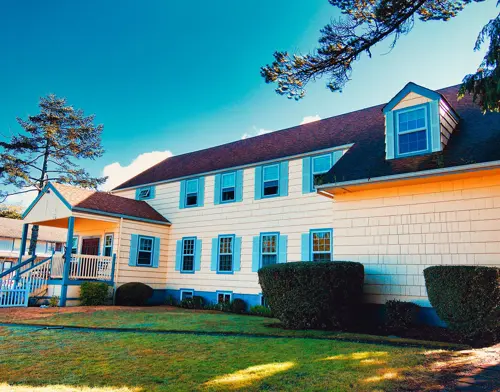
5 5 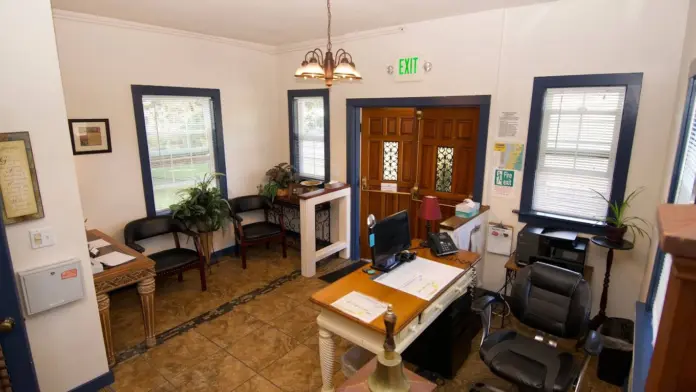
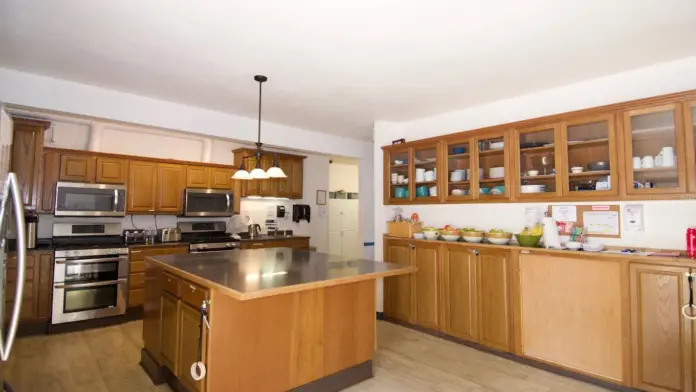

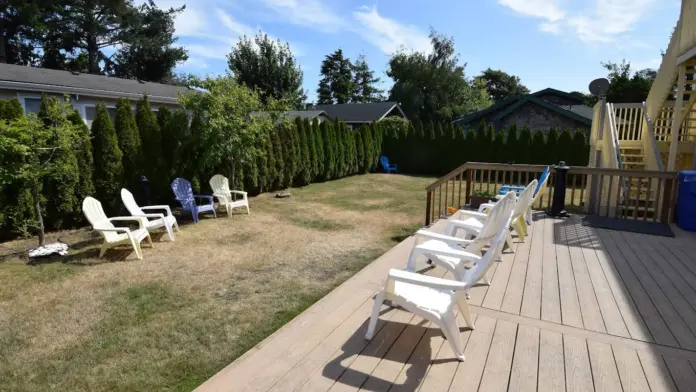
|
6
Top 10 Rehab In Oregon
| Willamette Family Rehab is a mental health and substance abuse treatment provider in Eugene, Oregon. They strive to provide clients with evidence based and gender responsive therapy to help rebuild their lives. Services are available for both individuals and families dealing with the challenges of addiction. The outpatient programs offered inclu | Treatments Programs Payment Options | This dynamic organization has helped many individuals turn their lives around .
Not only providing detox centers and providing housing services. But medical care and counseling services.
Joe Rodrigues
1 year ago
Entered WFC on July 25th 2021 and I had the best experiences even during covid they kept the place running and my treatment plan was on spot I learned a lot about myself and I'm proud to say I graduated at 61 days and continuing in IOP.
If you have a loved one that is wanting treatment and wanting the care that I received from doctor's appointments to medication to manage drugs and alcohol to Great classes and wonderful counselors and wonderful staff all around and awesome food then I would recommend WFC
Nicole Davis
4 years ago
Great place changed my life!
Auhnna Rodriguez
4 years ago
| 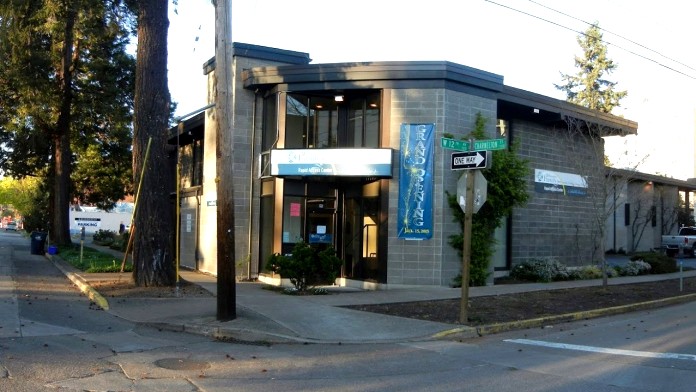
2 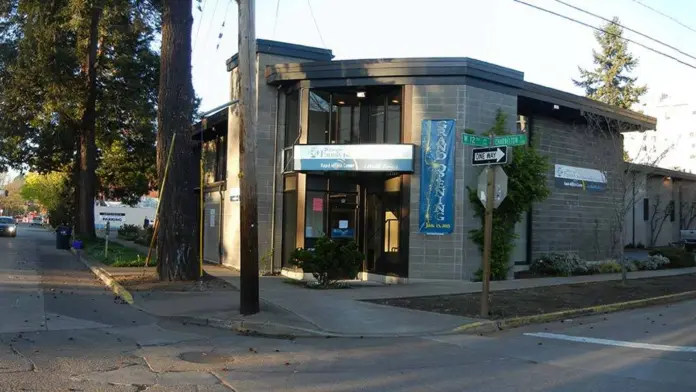
|
7
Top 10 Rehab In Oregon
| The facility understands that individuals can have very busy schedules which can make finding time to attend the facility difficult. Crestview Recovery offers telehealth intensive outpatient treatment to make addiction care more convenient for you. Clients can choose to access their treatment through a telephone call, video chat and texting. The f | Treatments Programs Payment Options | I’ve been sober for 429 days so far. Crestview changed my life. Also, the food is amazing in residential, PHP is an amazing program, and the support you receive throughout the whole thing is amazing. They helped me so much with getting sober and building the skills to maintain my sobriety when I got out.
Now I have everything I want in life because of a phone call I made to a rehab facility when I was strung out.
Will forever recommend crestview to anyone that is at the end of their rope in addiction. It’s definitely not a cure all and you have to take it serious. But if you do want to take it serious and get sober, they are definitely an amazing place to help start.
Cylis johnson
1 month ago
If you have values and beliefs that no longer serve you or are holding you back this is the place that can undo those for you. If you have addictions and mental health issues that you need to educate yourself about, and need help healing from this is a great place to go. People here care about you. It’s safe. You will make great connections. You will learn. You will heal. The door is open if you want to step in and get help all you have to do is ask at Crestview and they will provide you with a great PHP program. I was supported, given resources, and challenged and I’m better off for it. Thank you wholeheartedly to everyone there who was apart of my journey.
Tatiana Baber
5 months ago
Great councilors and lots of topics and info to help me navigate my road to recovery
ryan isakson
5 months ago
| 
6 6 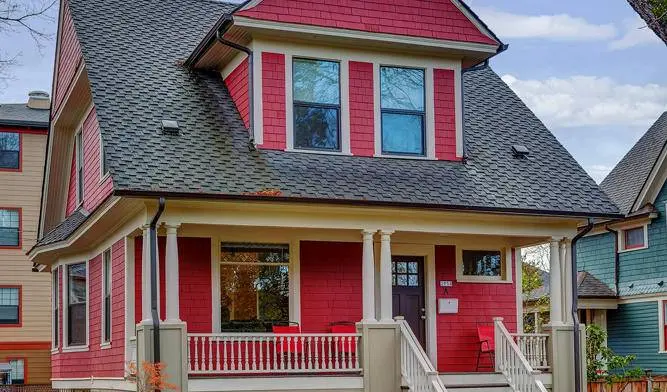
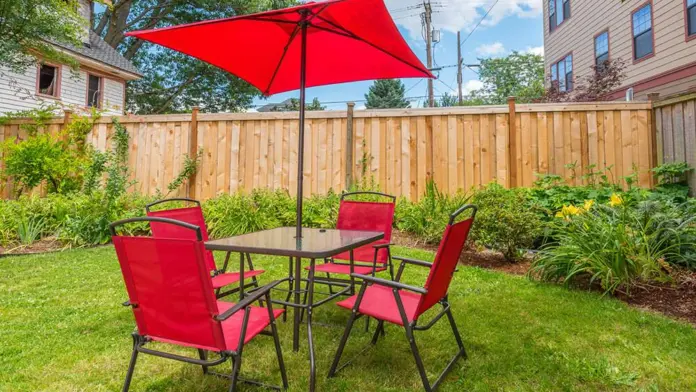
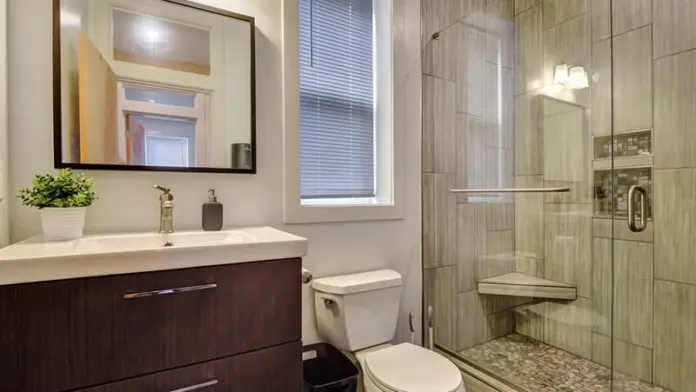
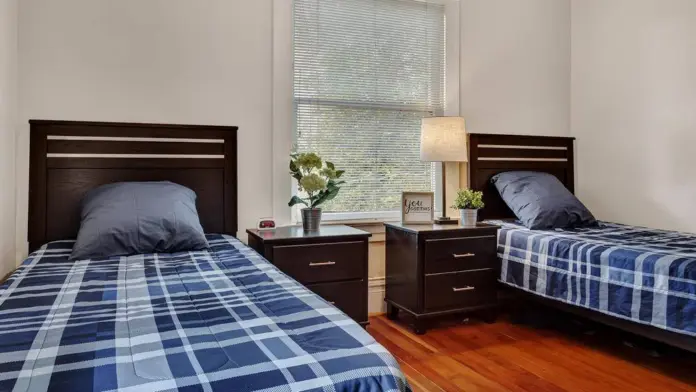
|
8
Top 10 Rehab In Oregon
| Recovery Blvd Treatment Center provides drug and alcohol services for young adults in Portland, Oregon. The facility is located in the heart of Portland and uses a unique approach to substance abuse treatment to make clients feel good about being sober. Services Catering To Young Adults The team at Recovery Blvd understands that typical treatment | Treatments Programs Payment Options | This is a good place to begin your journey and general understanding of what it takes to walk the path of getting clean and bettering yourself as a person. The owner understands the sacrifices, costs, risks, and determination it costs for her Center’s patients to begin that path of getting and staying clean from their substance abuse. They are interested and understanding. The same has to come from the patient though and not just their end.
Daveed Gonzalez
3 years ago
I spent 6 months there and was kicked out of my sober living house because of unsuitable reasons i won't go into here. But let's just say it was around the whole George Floyd thing, and the race riots.
Austin Miller
3 years ago
This is an amazing treatment center. A staff that are both well trained and genuinely care about their clients! This is a community that incorporates really awesome outings, meditation and has a great nutritionist. I found a life in recovery there and recommend it to anyone seeking compassionate healing!
Jay Freeman
3 years ago
| 
4 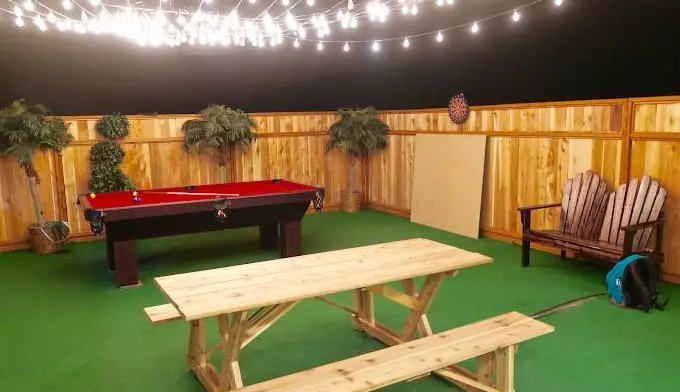
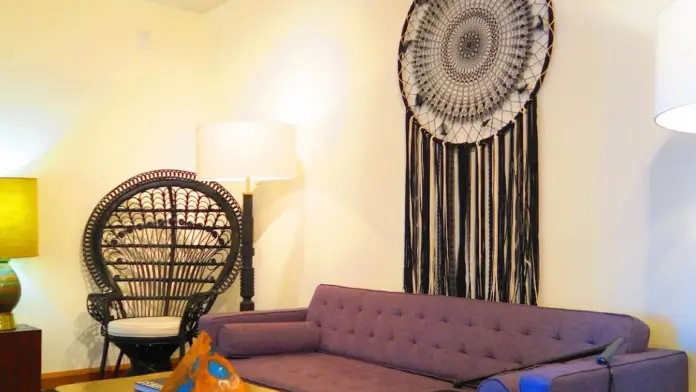
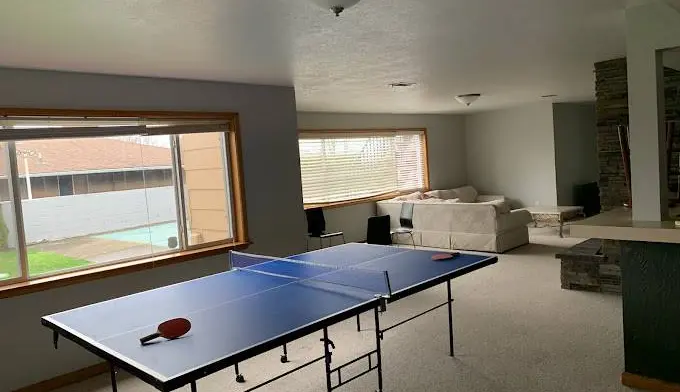
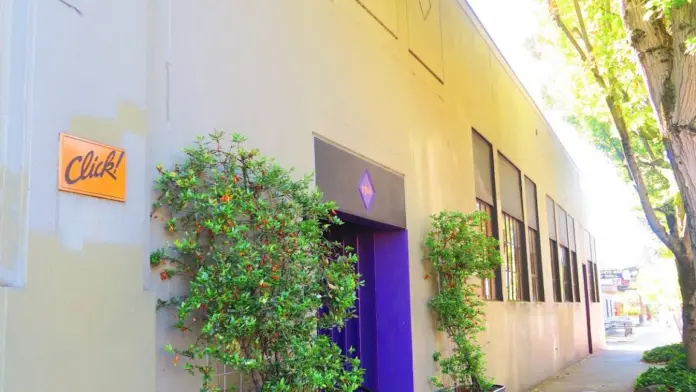
|
9
Top 10 Rehab In Oregon
| Willamette Family Sunrise House is a residential treatment program that provides a safe and encouraging setting for recovery for those identifying as women in Eugene, Oregon. Here you’ll get comfortable, out of hospital care that is individualized to meet your unique addiction related needs around the clock. Your family’s and your own specific | Treatments Programs Payment Options | Great place that will help you get your life back on track
Bethany Trussell
11 months ago
This place helped me save my life. It was the best experience I have ever had.
Alexis Coble
1 year ago
I went to Cheshire 6/2/22 - 8/18/22. Was the best experience. I have never been more happy. Hunter was my counselor and he was the absolute best. He truly cares about his clients. The staff at Willamette Family is caring, helpful, respectful and they understand what we are going thru. Willamette helped me with a plan for when I left. Helped me with housing, money, job placement, outpatient etc. I recommend this program 100%
Rachel Budik
3 years ago
| 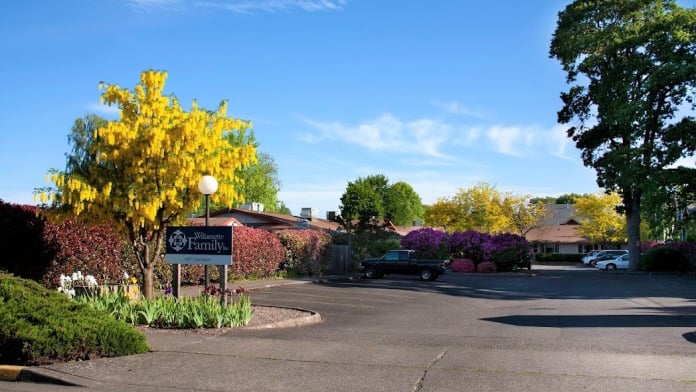
|
10
Top 10 Rehab In Oregon
| Pacific Crest Trail Detox is a special place in Milwaukie, Oregon designed to support you through detox in a setting that feels less like a facility and more like a home. Their focus on substance use disorder care is matched by a commitment to comfort, safety, and structure. What strikes us most about them is how much thought they’ve put into cre | Treatments Payment Options | Update: Nearly 6 years later, I'm still clean & sober. This program did things for me that I couldn't have ever asked for. I was a stone-cold alcoholic: 25 beers/day was my unhealthy way of solving the problems that really drove my addiction. I was scared to start, but Pacific Crest Trail Detox helped me get clean. They helped me get into their sober houses to give me 3 months of what I really needed - a family that understood. Sober brothers, that knew my struggles and talked me thru them. I miss it.. Not the addiction, but the family. It was the best beginning I could've asked for on my sober path.
Original:
Pacific Crest Trail Detox helped me drastically in my journey to become sober and clean. The staff was extremely helpful. I highly recommend Pacific Crest Trail Detox to anyone considering detox.
Brian Shaner
3 months ago
I highly recommend Pacific Crest to anyone searching for this type of help. I was nervous about admitting myself but I’m so grateful to have found these guys. It was very comfortable, the food was amazing and all of the staff were so incredibly supportive helpful and beyond kind. By the end of my stay there I almost didn’t want to leave! Hahahaha 11 out of 10 hands down!
Thomas Ashley
1 year ago
PLEASE GO TO THIS DETOX IT IS THE BEST IN OREGON!! i first went to serenity lane detox and had the worst experience an experience that made me scared to try another detox facility but pacific crest trail detox saved my life it was more of a vacation for me and i met amazing
people and the staff are more then willing to do anything to help you even if it's just finding resources, i just got out of detox today and i did NOT want to leave, i came there thinking there's no WAY i could stay 7 days and when the 5,6,7th day arrived i just did nOT want to leave it was a bitter sweet ending i felt so safe it's like a legit house and you have your freedom to do whatever i could bring my vape pretty much anything you can bring there that isn't drugs i felt so safe and taken care of it was the easiest detox ive ever been through i will be recommending pacific crest trail detox to EVERYONE who needs to go to detox there is NOOOO better place in oregon to detox than pacific crest trail. i thank all you staff members there for being so kind and patient and lifting me up and always willing to listen please go here if you are considering detox
Hoes Hoes
1 year ago
| 
|
Redmond, Oregon | BestCare Treatment is a drug and alcohol rehab in Redmond, Oregon. There are several BestCare locations in the area, but this Redmond center has a residential rehab program along with detox care and outpatient treatment. The beauty of having all these in one place is that you can get the right level of care at each stage of your recovery. It’s co | Treatments Programs Payment Options | Best treatment center, ever. It's the experience and journey that will bring you together with amazing people that have failed, like we all do .... It's hard to be us, but when do find that person inside us, damn that light shines so bright.I believe in all of you.
Charles Gill
1 year ago
Amazing facility, stellar staff, classes that are actually helpful and routine based rehab. I can't express fully how much this place helped me. If you care to help yourself, this place will get you where you need to be. Counselors Carolyne and Regina are pros, and truly care about their clients. 10/10 would recommend to anyone who is serious about their recovery.
kaley campbell
2 years ago
This is by far the best treatment program out there, they have helped me out with so much and helped me into recovery and so much more. This program is really a blessing from God
ma45er36 parmiter
2 years ago
| 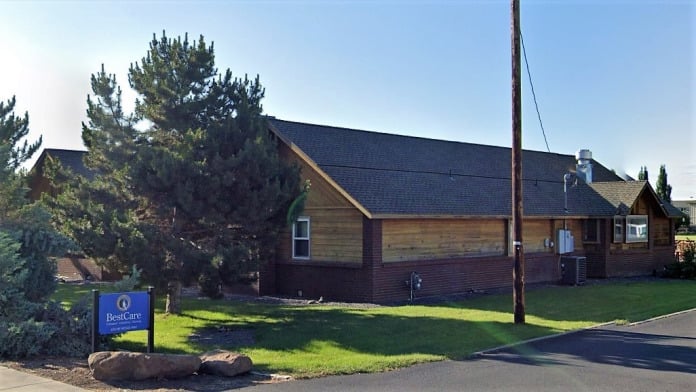
|
Eugene, Oregon | Serenity Lane Alcohol and Drug Treatment Services has locations throughout Oregon, including a CARF accredited residential treatment center on Serenity Lane in Coburg. The inpatient center offers medical detox and residential treatment for substance use and co occurring disorders. The facility is nonprofit and accepts insurance from most major carr | Treatments Programs Payment Options | Great experience.. Staff was very professional and helpful.
Jesse Gardner
2 months ago
There is no other place like serenity lane. The staff cares, the community is the most inviting , the facility is beautiful , the curriculum is good. The was a little iffy for a little but they have done amazing at listening to clients opinions and have improved drastically in that area as well. All in all they are constantly improving and serenity lane as of yet has saved my life . And assisted on the journey of finding myself again.
Alec Linch
4 months ago
This place is magic. They are on a completely different level here. If you or someone you know is struggling with the disease of addiction this place is the most amazing place I've been. It's based on relapse prevention and their angle on it is incredible. Work through your trauma in a safe place, rebuild burned bridges with family, friends and at work. I swear by this place and you will also!! Prison institutions and DEATH.
Steven Davis
4 months ago
| 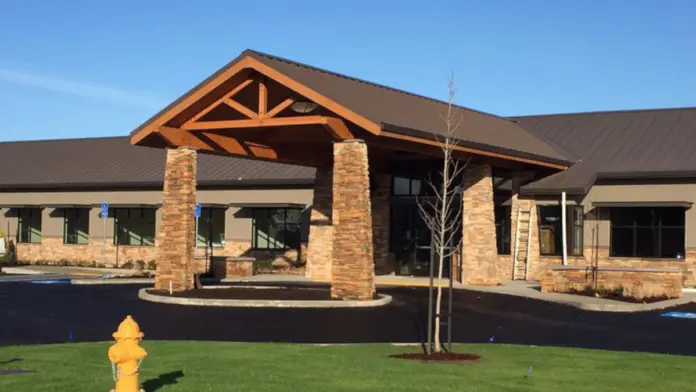
|
Bend, Oregon | People in Bend, Oregon go to Saint Charles Health System - Sage View to get help with their mental health. Some have come here to get help with their addiction. They’re able to help people through an outpatient setting to get the treatment they need. This allows you to return home at the end of the day. They’re pretty versatile in treating mult | Treatments Programs Payment Options | Thank you to the staff, yall really made a difference in my life. I’m so incredibly grateful. Sorry I don’t remember names but every single person there was beyond incredible 🫂
Mariana
1 year ago
my friend tried at very low point concerning mental health . EER then self admit TO sage view
Janice Chapman
1 year ago
I’m so grateful for this facility and their amazing staff. I need immediate help and they gave me every resource possible to help me feel stable. Group therapy multiple times a day, fed breakfast, lunch and dinner (actual decent meals), peaceful environment, you get your own room, I can keep going. I was hesitant to go, but was pleasantly surprised. If you or someone you love is struggling, I highly recommend this facility. Thank you again to the amazing staff!
Shelby Alvarez
1 year ago
| 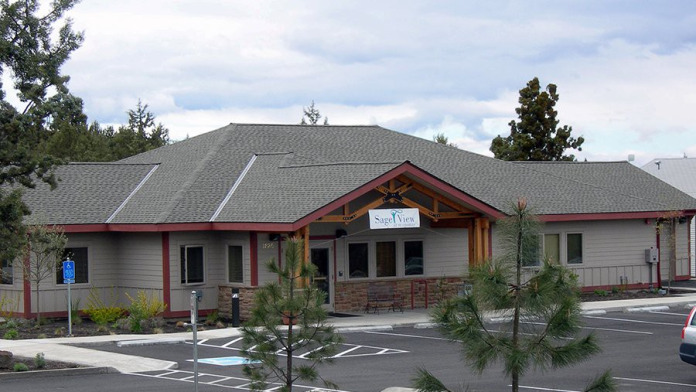
2 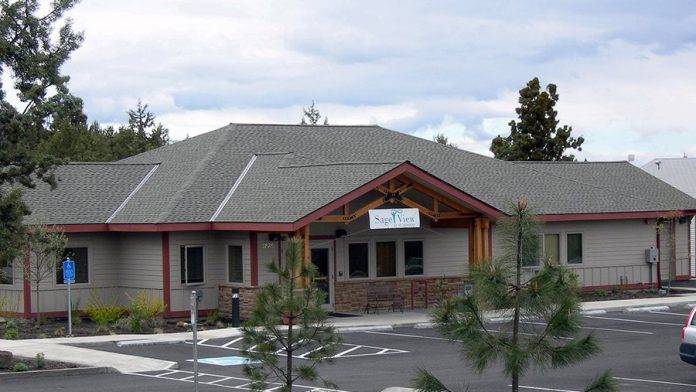
|
Milwaukie, Oregon | Compassionate Interventions offers interventions for drug, alcohol and gambling addiction. They also offer individual counseling and drug testing services. Compassionate Interventions is located in Milwaukie, Oregon. At Compassionate Interventions, they re-instill hope or enhance hope to help their clients struggling with chemical dependency. For | Treatments Programs Payment Options | WLM love Curtis and Ben..
Nate Smith
2 years ago
Great staff and they truly care!
Amanda Hagaman
6 years ago
The team truly cares about each person they come in comtact with.
stacy wilson
6 years ago
| 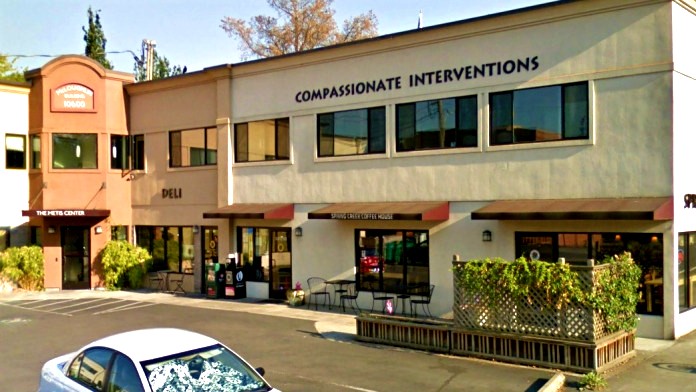
|
Portland, Oregon | Situated in Portland, Oregon, VA Portland Health Care System - CRRC is a veteran’s treatment center that offers addiction treatment services to veterans suffering from substance use disorders and dual diagnosis mental health disorders. Oftentimes, mental health issues will sprout up due to your addiction, or addiction may be sparked due to your m | Treatments Programs Payment Options | Great Dr for homeless veterans connected to Portland VA, walk in clinic
Dana Fleming
10 months ago
Although we are still working together to resolve an issue, my experience thus far has been excellent. The staff has been friendly, helpful and professional throughout.
John Timothy Vaughn
2 years ago
Highly recommended looking good things to say about the place
Terrence Breneman
3 years ago
| |
Portland, Oregon | Less than eight miles outside of Portland, you’ll find Another Chance Drug & Alcohol Rehab Center of Portland in Beaverton, Oregon. This Joint Commission-accredited treatment center welcomes adults seeking addiction and co-occurring disorder recovery. You can access multiple levels of outpatient care, including partial hospitalization, intensive, | Payment Options | The best recovery family I could ask for. Thank you for another another chance!
Emily McDaniel
3 months ago
I admire how Another Chance is really saving lives and providing motivation for recovery. The staff are eager and ready to help as long as we meet them halfway. I encourage those suffering from addiction and ready to do something different to reach out to Another Chance.
Joseph K
3 months ago
From the moment I contacted them they have been absolutely amazing, when I walked in the doors for my intake appointment it felt like home ,I knew I had just made one of the best choices in my life finally to get my life back and begin the next chapter of my life .they are by far the most supportive, loving and caring people who have accepted me into their family and I can't even express how grateful I am for this place. They are my angels.
Candice “Queenofthefuckery” Merritt
4 months ago
| 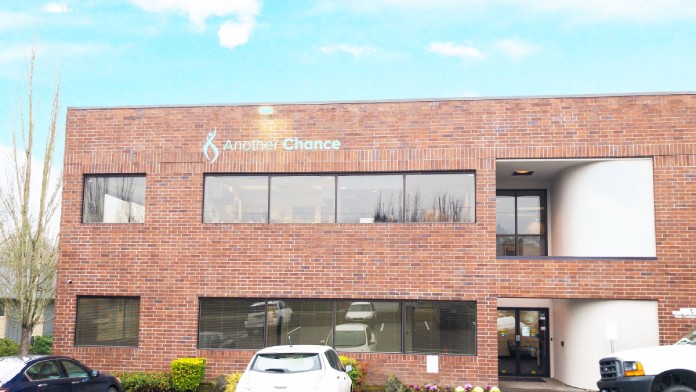
5 5 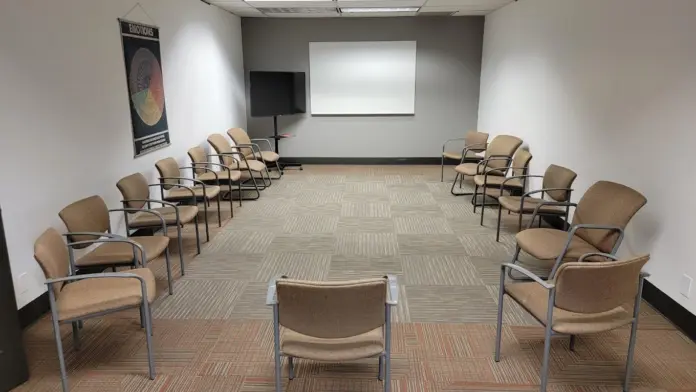
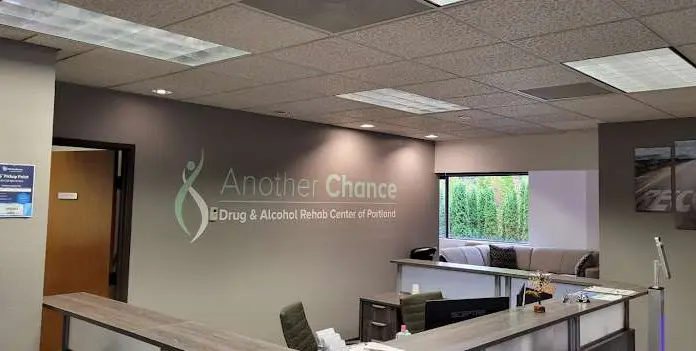
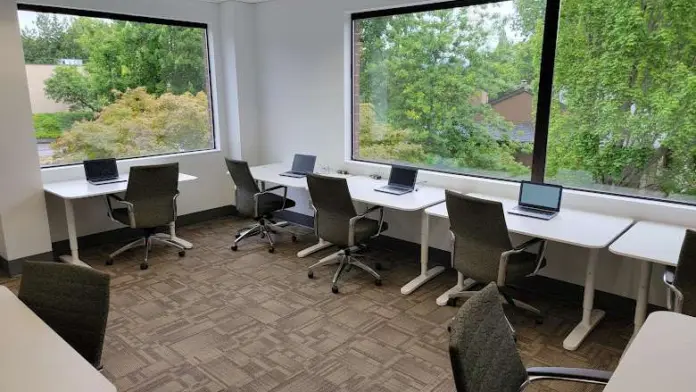
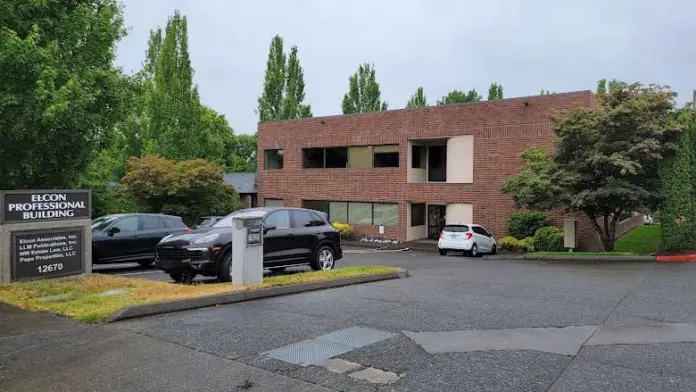
|
Beaverton, Oregon | Based in Beaverton, Oregon, Hazelden Betty Ford Foundation is an accredited drug rehab and mental health facility. Care here is available to adults aged 18 and older and their families, including LGBTQIA+ folk and those with concurrent mental health conditions. Many commercial health insurance providers are accepted here, and financial aid is offer | Treatments Programs Payment Options | I enjoyed the experience of treatment at Hazelden Betty Ford in Beaverton:)
jacob tudor
1 month ago
Fantastic!!! Best decision I’ve ever made.
Heather Hill
2 months ago
I have so much gratitude for my 9 weeks in Newberg and for my IOP classes after I got out and went into a sober living house. Tom my counselor recommended to go to sober living when I left Newberg. Well today is 153 days sober and have so much hope to continue this sober journey one day at a time for the remainder of my years left
Bryce Muir
1 year ago
| 
5 5 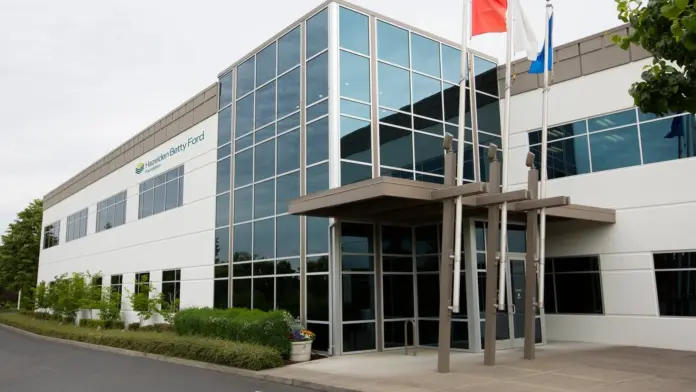
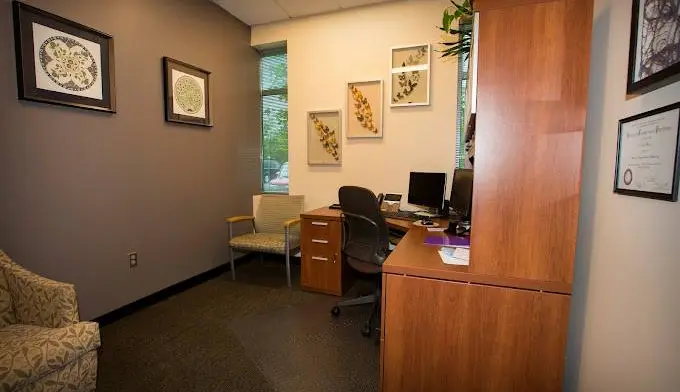
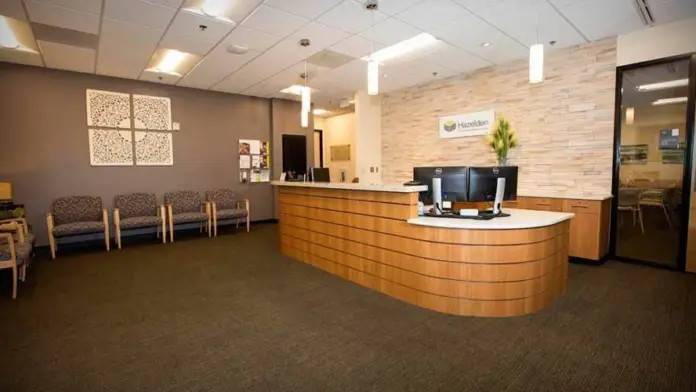
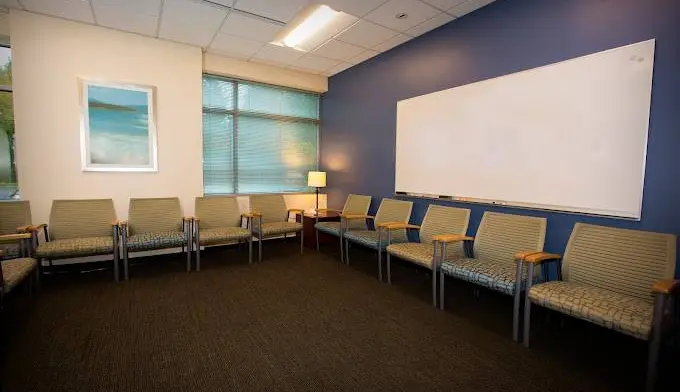
|
Medford, Oregon | Ontrack Rogue Valley has been providing addiction treatment for the Southern Oregon community for 50 years. Conveniently located in downtown Medford, Oregon, they offer outpatient recovery services that help to treat substance use disorder and co-occurring disorders. They are accredited by the Commission on Accreditation of Rehabilitation Facilitie | Treatments Programs Payment Options | Excellent and beyond reproach. Thank God for all of you.
Suzanne Dippner
9 months ago
Love ❤️ ontrack
Christi Wilson
1 year ago
Ontrack helped me save my life ❤
Christina Dotson
1 year ago
| 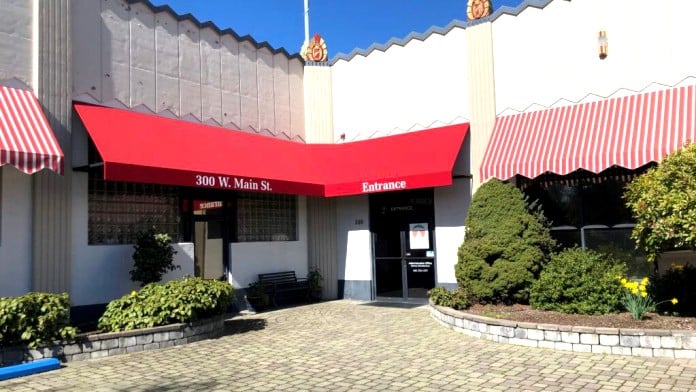
|
Newberg, Oregon | Hazelden Betty Ford is an alcohol and drug rehab in Newberg, Oregon. They offer co-occurring disorder, alcohol, drug, and opioid treatment for adults aged 18 or older. Clients benefit from medical detox, inpatient rehab, partial hospitalization programs (PHPs), intensive outpatient programs (IOPs), outpatient care, and aftercare. They also have a s | Treatments Programs Payment Options | All was great! Love the staff love the community
Michelle Belveal
1 month ago
Very good curriculum and staff.
Enid Oates
2 months ago
Being at Hazelden was life changing. I feel like it was the most important thing I’ve ever done. The emotional work was liberating. This is the only treatment center I know of that helps people heal their inner pain/trauma wounds that lead to use. The staff there were amazing. Overall I was treated with respect and empathy. The facilities were very clean and well maintained, and the food was amazing. Techs Tia, Michelle, Amanda, and nurses Mariana and Dee Dee were especially kind and helpful to me, and unfortunately I can’t remember all the names I’d like to list.
Marcia Hogue
2 months ago
| 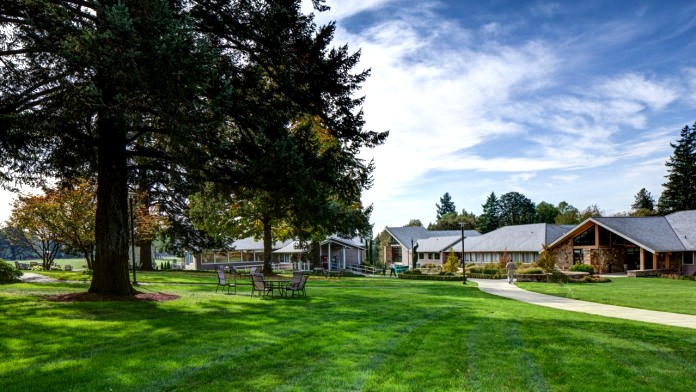
6 6 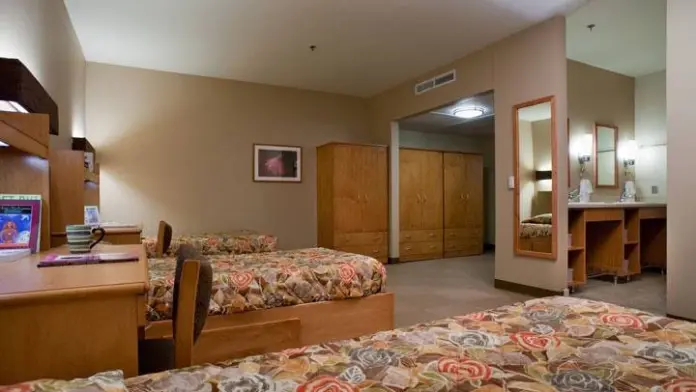
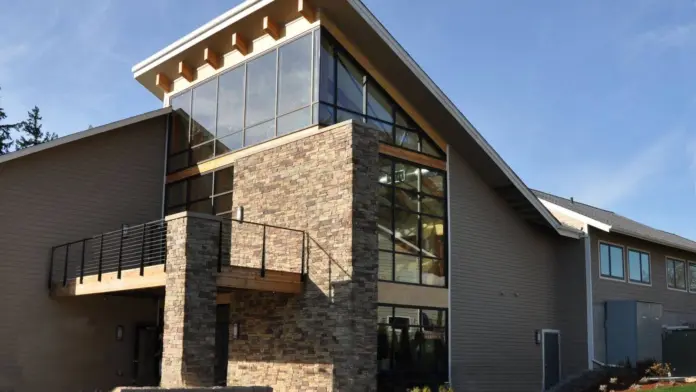
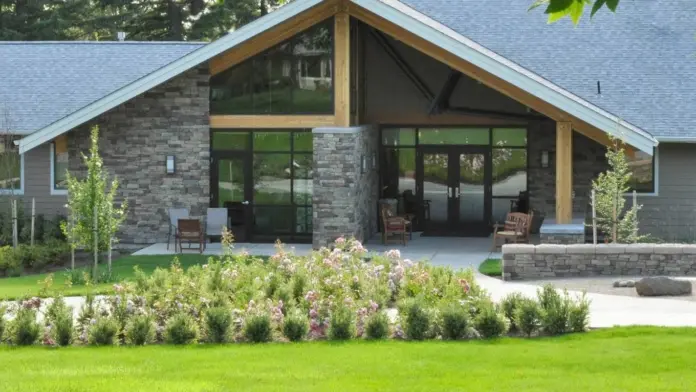
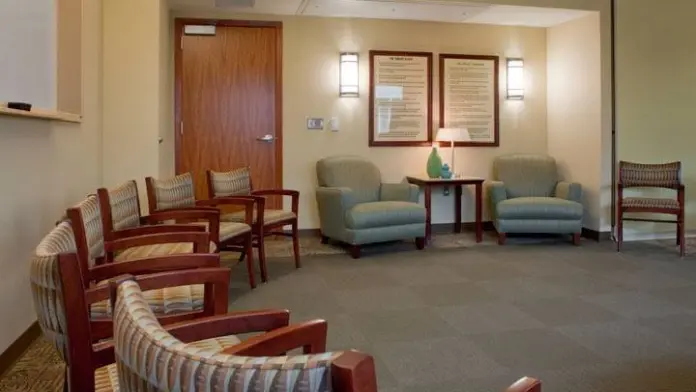
|
Salem, Oregon | Serenity Lane is an alcohol and drug rehab in Salem, Oregon, providing intensive outpatient programs (IOPs), outpatient care, and addiction aftercare. They offer in-person and telehealth alcohol, drug, co-occurring disorder, and opioid treatment for adults. Clients benefit from person-centered care with DUI programming and specialized men’s, wome | Treatments Programs Payment Options | If you’re serious about urning your life around and making true, positive change, then this is your place. Bekki, one of the group leaders/councilors for outpatient care has found the perfect balance when managing her group. She keeps us accountable with homework, hard questions, and even one on one counseling. It’s obvious that she cares, and I can say with absolute certainty that the people in her group, which I am part of are truly changing for the better.
A heart felt “thank you” to everything you guys are doing here. The world needs more of this.
Jaffet Jefferson
6 months ago
| 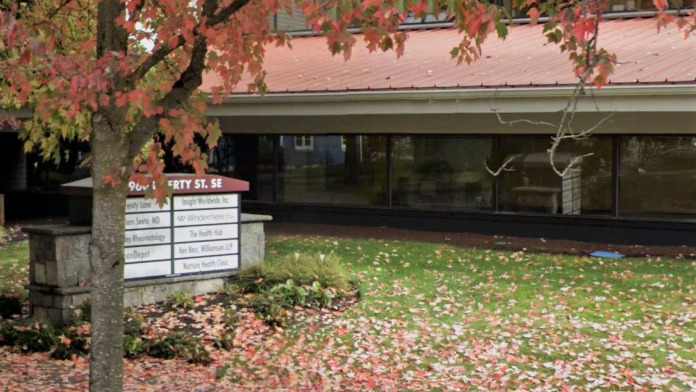
2 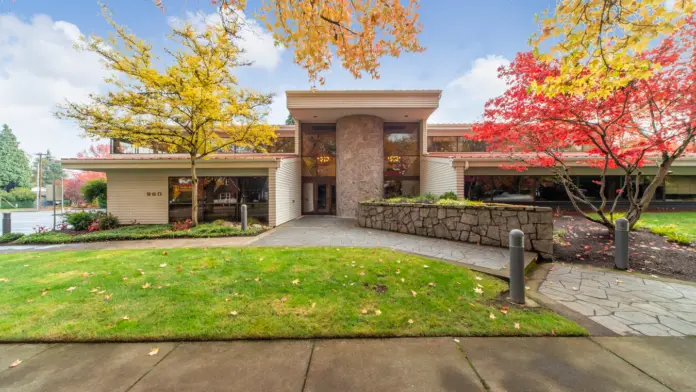
|
Portland, Oregon | Volunteers of America Oregon Men’s Residential Center (MRC) is a 54-bed residential facility for men who are struggling with substance use disorder and co-occurring conditions. It’s situated along NE Martin Luther King Jr Boulevard in the northeast section of Portland within Multnomah County, Oregon. Concurrent outpatient mental health car | Treatments Programs Payment Options | I graduated from this place 5 years ago still sober today gave me all the tools necessary for a life without drugs they took us to trail blazer games snowboarding beach trips laser tag all kinds of stuff haven’t been there in sometime but when I was there it showed you what you could have if you stayed clean ,,,, I’ve been to 3 different rehabs and this is the one place I completed so hats off
dylan young
1 year ago
A place where men can get clean and sober, it has helped countless men change their life for the better. You also have the opportunity of helping through community service here. Good work fellas!
6 years ago
Volunteers of America Men's Residential Center, is a men's residential drug & alcohol treatment facility. It is very well ran. It helps men on probation or parole get clean and sober, it has helped countless men change their life for the better. You have to want it though, because if you want to leave they won't stop you. This place works wonders.
Tim S
7 years ago
| 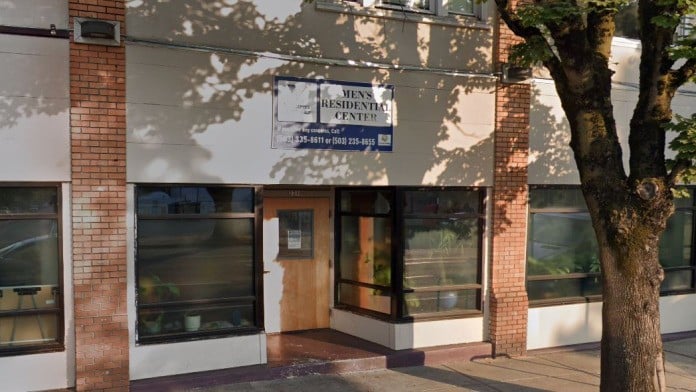
|
Portland, Oregon | Located in Portland, Oregon, Cedar Hills Outpatient Services provides outpatient treatment for adults. You can access care to overcome substance use disorders and co occurring mental health conditions. This Joint Commission accredited facility offers flexible scheduling to accommodate work, school and family commitments. They accept most major insu | Treatments Programs Payment Options | So very helpful, with a tailored approach to each client. The group setting was great, and they were very understanding and supportive through struggles each client went through during their time in program.
Neve Bradley
1 month ago
In the very beginning I felt extremely welcomed and safe in the Women's group led by Amanda. I learned a lot of tools for dealing with my Mental Illnesses. It was comforting to know I'd be in group for the majority of the week.
32tinta
7 months ago
I was in a deep, dark place this time last year and Cedar Hills took me in with open arms. I had never done an outpatient mental health program, I was feeling really insecure. The staff was wonderful, it felt great to have everything managed in one place. Frequent medication changes proved to be so helpful. This program allowed me to get back to the basics of self care, along with depression and anxiety management. I graduated April 2024 and I’m a different person. I can go to work, I can safely express my emotions, I can verbalize my needs, and I understand that I have worth. Thank you Paisley for being the best counselor and helping us all get to the place we want and deserve to be.
Mary A
8 months ago
| 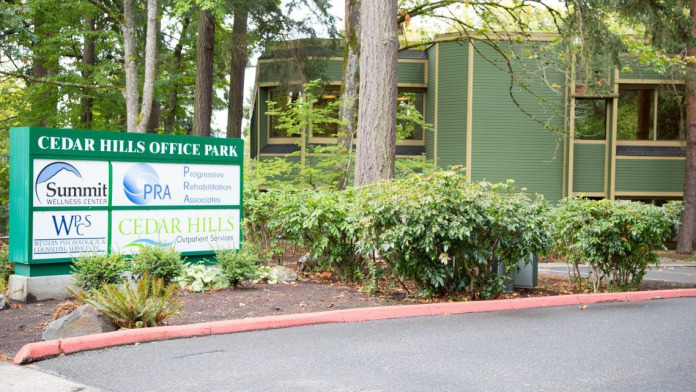
2 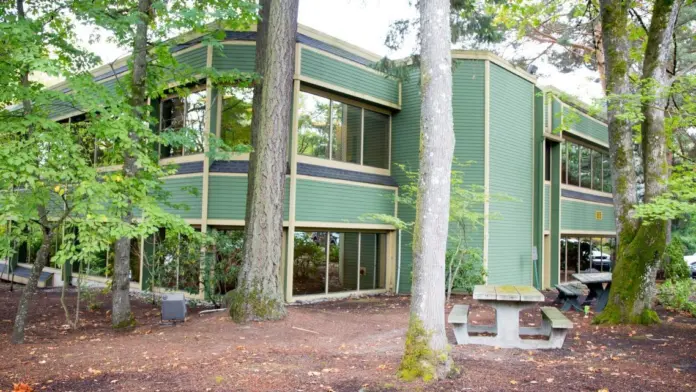
|
Portland, Oregon | Monte Nido Portland Day Treatment in Portland, Oregon’s John’s Landing neighborhood provides specialized eating disorders treatment for adults and adolescents. While clients here have to have a primary diagnosis of an eating disorder, treatment also addresses co-occurring mental health conditions including substance use disorders. With views of | Treatments Programs Payment Options | This place made a big difference for my child, and that is all that really matters to me. I will say, they could have HUGE improvements in parent involvement, parent education, and family therapy. At times, they seemed almost anti- parent, which seems to me to be a strange approach to recovery. My ex and I were left on completely different pages as to next steps for our child. They should take a note from Clementine which has great support for parents. But, my child is doing well, and I'm thankful.
R U
10 months ago
Wanted to thank the staff and everyone who was in here at the same time as me.
I didn't come here entirely on my own free will, but because I was kind of cornered into it by my therapist. And I wasn't happy about putting my life on hold to be here. But now I see why she really wanted me to go.
I had no previous experience with programs like this and didn't know what to expect. And you can bet I doubted everything every step of the way. I still do in some areas.
But the longer I was there, the more I saw a difference and realized why things are done the way they are.
I got a lot out of the program in the relatively short time I was there and have seen a big difference in my eating and thinking. And also in my physical health and brain. My memory has really noticeably improved and so has how I feel physically. And I've felt so much calmer and happier compared to before I went in. Turns out eating consistently helps you not feel like you're in fight or flight all the time, who would have thought haha.
Alyona
1 year ago
this has been the best eating disorder treatment center i have been in! yes, they did make me eat food and not engage in behaviors but i don’t feel the need to anymore! lauren has been very helpful to my recovery! she deserves a raise for all the work she puts in. anyone can see how passionate she is about her job! ari is an amazing therapist! amanda is doing an AMAZING job as clinical director! she is determined and dedicated to helping others live eating disorder free! all the staff is amazing and wonderful! 10/10 would recommend! #edfree
sarah corbik
3 years ago
| 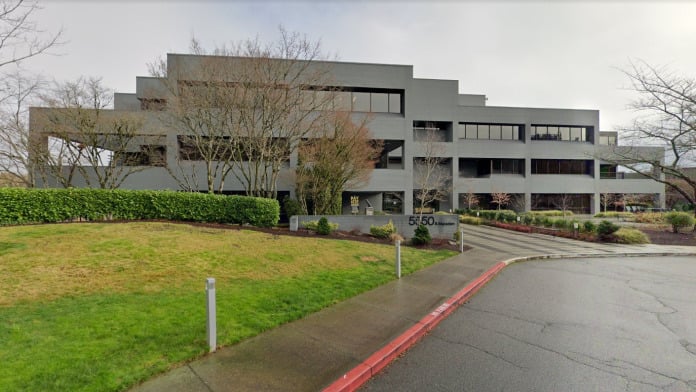
4 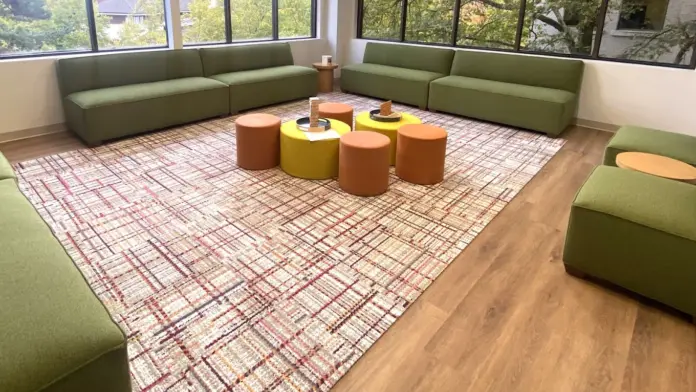
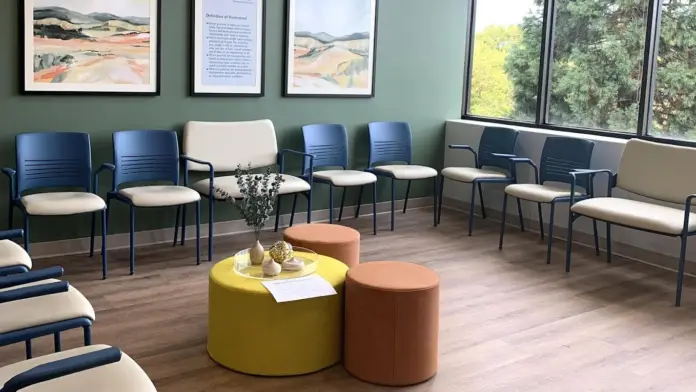
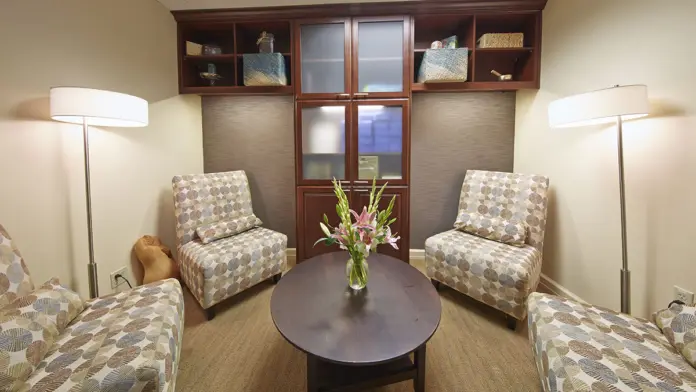
|
Portland, Oregon | SLO Recovery Center is situated in Portland, Oregon. This drug rehab center specializes in treating drug and alcohol abuse. It provides patient centered care focusing on treating the entire person through therapeutic interventions during addiction recovery programs. The SLO Recovery Center recognizes that drug and alcohol addiction is a complex | Programs Payment Options | Spark Wellness, formerly known as SLO, has given me the greatest gift—a second chance at life. This program has taught me invaluable lessons, offering a safe space to confront my past, unearth buried trauma, and begin the healing process. It has helped me learn how to cope and grow into a stable, contributing member of society. I’ve witnessed countless men and women graduate from the program and continue to maintain their sobriety to this day. Every staff member at Spark Wellness is genuinely compassionate, supportive, and deeply committed to our recovery.
Brandie Stone
3 months ago
My experience at Spark Wellness Recovery Center has truly been life-changing. From the moment I walked through the doors, I was met with compassion, understanding, and a level of support I didn’t even know I needed.
The addiction counselors played a huge role in my recovery journey. They took the time to really listen and understand where I was coming from, without judgment. Their guidance helped me uncover the root of my struggles, and their personalized approach made all the difference. The mental health counselors were equally amazing—patient, caring, and incredibly knowledgeable. They helped me work through emotional challenges I had been carrying for years and gave me tools to start healing from the inside out.
Every member of the staff at Spark Wellness, from the front desk to the group facilitators, created a warm and safe environment that made me feel supported every step of the way. It never felt like I was just another client—they genuinely cared about my well-being and celebrated each milestone with me.
I left the program not only with a deeper understanding of myself but also with a solid set of skills that I continue to use every day. The coping strategies, communication techniques, and mindfulness practices I learned here have given me a strong foundation to build a healthier, more hopeful future.
I am so grateful for everything Spark Wellness has done for me. If you or someone you care about is struggling, reaching out to them. They truly care - and it shows in everything they do.
Mariah Peterson
3 months ago
Graduating from Spark Wellness has truly changed my life. When I came in, I was scared, broken, and unsure if I could ever stay sober, but today, I am proud to say I am sober, employed, and present as a mother and grandmother.
The program gave me real tools to maintain my sobriety in the real world, including relapse prevention, healthy coping skills, and how to build a support system. The job readiness and life skills training helped me gain employment, which has given me confidence and a sense of purpose I had lost. I now wake up each day ready to show up for my family and live a life I’m proud of.
What stood out most to me was the staff and counselors. They were consistently compassionate, non-judgmental, and truly invested in my success. They supported me every step of the way, even when I doubted myself. The groups were engaging and taught me how to communicate better, manage stress, and set healthy boundaries.
The program has a high success rate because they provide structured accountability while treating you with respect and dignity. I saw many others graduate during my time there, and I continue to see people thriving after completing the program, which speaks to the lasting impact of their approach.
If you are struggling and feel like there is no way out, this program can help you find hope and a new way of living.
I am now a better mother, grandmother, and person because of Spark Wellness. I am so grateful for the opportunity to heal here, and I would highly recommend this place to anyone who is serious about changing their life and sustaining sobriety.
Thank you, Spark Wellness, for helping me find myself again and for giving me a second chance at life!
-Chelsea Osborne-
Chelsea McDaniel
3 months ago
| 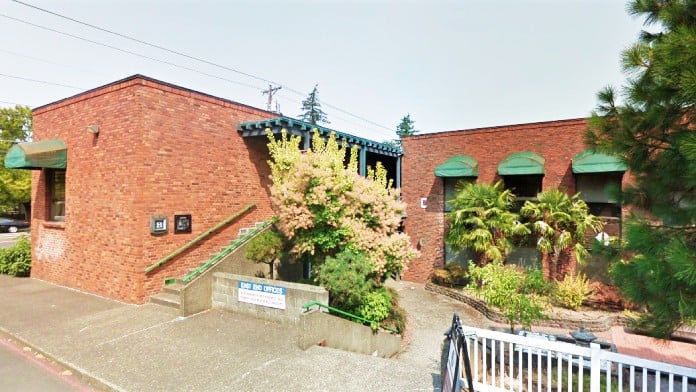
|
Salem, Oregon | Bridgeway Community Health is a nonprofit community health center in Salem, Oregon that used to be called Bridgeway Recovery Services. The name change reflects the growing number of services offered and the holistic approach to healthcare. The Harold Drive location offers medically managed detox and a medical clinic. They accept most insurance as w | Treatments Programs Payment Options | Bridgeway was amazing, my friend took me here after another 5 day black out after I had been sober for 33 days. The counselors & the rest of the staff here were amazing & incredibly helpful and understanding, then after talking with the counselors I decided to do residential treatment which was just as amazing. I’m doing outpatient treatment with them now & I’m coming up on 90 of sobriety on 7/31/25, life changing experience & im so greatful for this program.
Rigoberto Rangel
3 months ago
I could not be more thankful for everyone at this detox center not only did they help me with my insurance to get me into the Detox they also worked tirelessly to get me into a residential treatment facility and succeeded. Can’t smoke is the only downside but the food was incredible every meal!
Tyson Johnson
4 months ago
The inpatient gambling treatment program is excellent and has transformed my life. I can't thank the staff enough for making the experience so meaningful and healing. I love it here!!
Maria Clemens
4 months ago
| 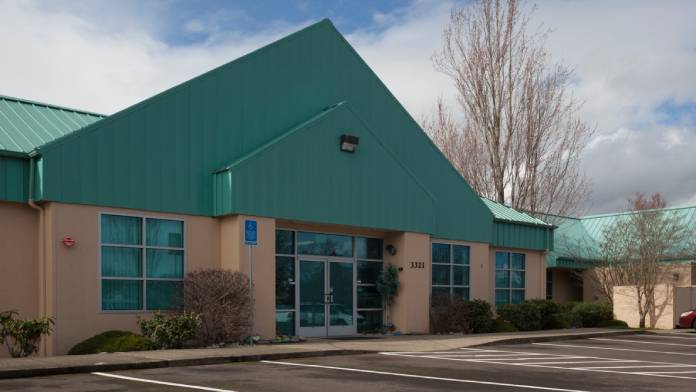
|

Oregon is known for its progressive approach to addiction recovery, offering specialty programs that meet individuals where they are. From LGBTQ+ affirming care to integrated trauma and addiction services, rehab centers in the state focus on holistic, personalized healing. Learn more about Oregon’s specialty treatment offerings.
A 24/7 inpatient treatment facility for substance use in Oregon will provide individual and group counseling, medical and psychiatric evaluations, and peer support for the beginning of the recovery journey. Meals, housing and basic needs are provided and meanwhile, therapy and recreational activities help people learn to live without substances in their system. This can help build the foundation for long term recovery.
Detox facilities in Oregon provide substance use patients with medically supervised withdrawal and stabilization. These facilities monitor patients’ health for complications and offer medications to reduce withdrawal symptoms. The purpose is to provide safety and comfort while the body heals from substance use and to begin the recovery process.
Outpatient treatment is provided by licensed and specialized counselors, psychiatrists and psychologists who understand addiction. The sessions may occur in groups or individually depending on the level of care needed. There are varying levels of outpatient treatment but in all cases, you don’t have to stay at the facility overnight.
Alcohol addiction treatment in Oregon can involve several levels of care from detox to inpatient rehab to outpatient treatment. Peer support has become the standard model of care in alcohol recovery programs. Many programs use the Big Book of Alcoholics Anonymous as a guide but there are numerous other treatment approaches too.
Opiate use disorder is an unfortunately common condition but it’s treatable with specialized programs and facilities throughout Oregon. Depending on your needs this could include detox and inpatient rehab in addition to outpatient programs and medications like methadone or Suboxone. The aim is to ease withdrawal symptoms and cravings while you develop the skills you need for recovery.
Oregon is ranked 45th nationwide in terms of addiction treatment affordability, with an average cost of addiction treatment of $58,894.
The costs of drug and alcohol rehab in Oregon vary widely and depend on several factors, including:
The costs of addiction treatment listed for cities and states are averages based on the cost of the treatment types listed above. These averages are high due to the cost of medical detoxification and residential inpatient rehab programs.
These numbers also reflect the raw cost of drug rehab, before any insurance coverage. The typical individual seeking addiction treatment can expect to pay much less for outpatient or intensive outpatient services than the averages listed below.
There are many ways to pay for drug rehab in Oregon. Most treatment centers accept cash or self-payment, as well as private health insurance. However, there are many treatment centers in Oregon that accept Medicaid and Medicare, or offer sliding scale payments or other low-cost payment options. Here’s the complete breakdown of how to pay for addiction treatment in Oregon.
UnitedHealth Group is the most widely-accepted insurance for drug rehabs in Oregon, with 162 treatment centers in the state accepting their insurance. Blue Cross Blue Shield is the 2nd most popular with 151 treatment centers accepting it followed by Aetna in 3rd accepted by 148 drug rehabs.
Oregon is ranked 11th nationwide in terms of annual drug overdoses, with an average of 42.4 overdoses per 100,000 population and a total of 1,794 overdoses in 2023. Opioid abuse accounted for 77% of all drug overdoses in Oregon, with a total of 1,387 opioid overdoses in 2024.
Centers for Disease Control and Prevention. Provisional drug overdose death counts. U.S. Department of Health and Human Services.
Oregon is ranked 46th for drug and narcotics-related violations, with an estimated 145 narcotics citations per 100,000 population which is lower than the National Average of 421.
All values are per 100,000 population.
Federal Bureau of Investigation. Crime data explorer: Crime trends. U.S. Department of Justice.
Oregon has the 13th highest rate of drunk driving in the nation, with a total of 283 DUI arrests per 100,000 people in 2023 (and 11,961 total DUI arrests).
All values are per 100,000 population.
SafeHome.org. DUI statistics and trends.